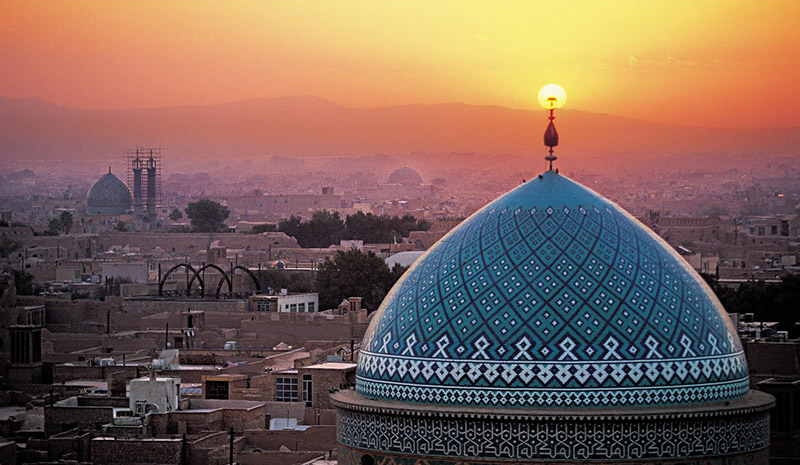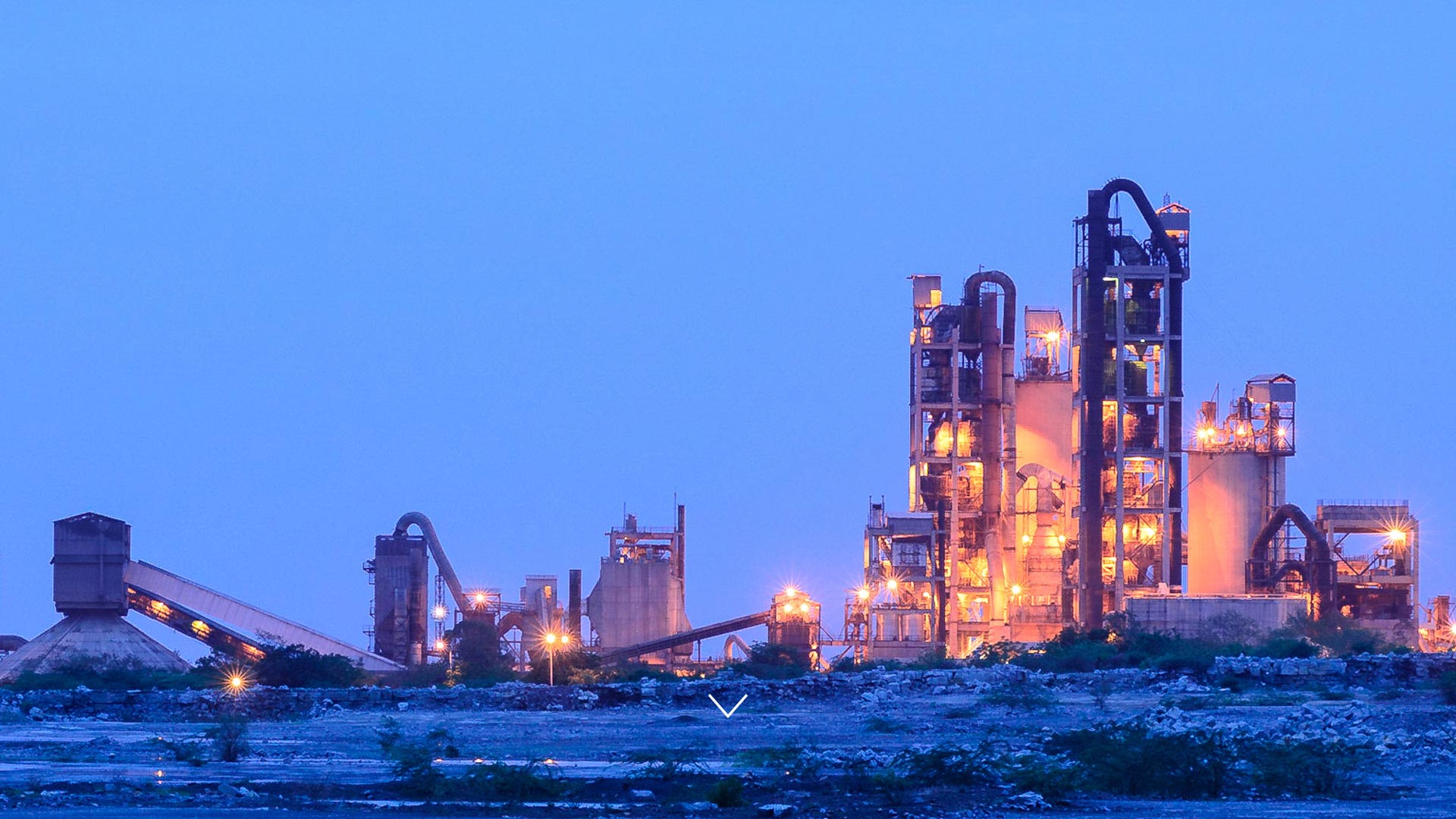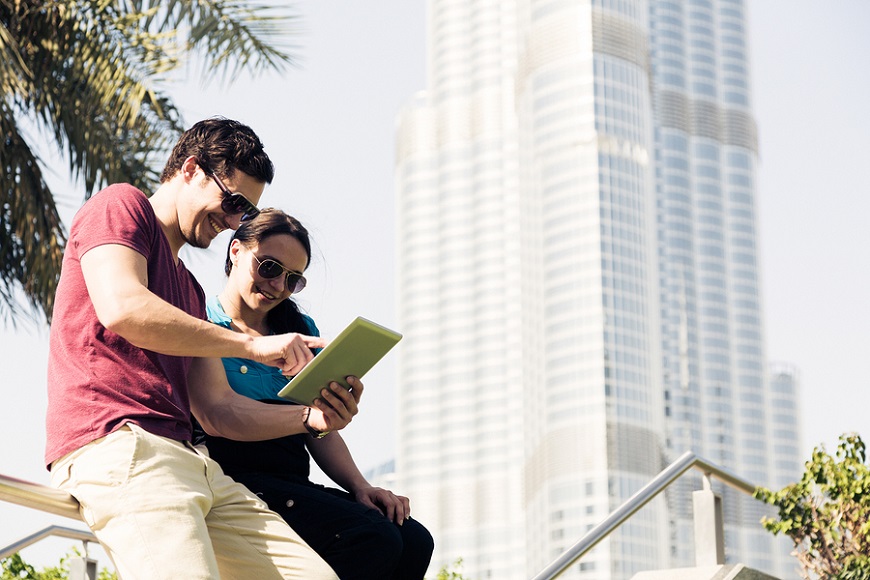In a bid to further deepen economic and trade ties, Saudi Arabia and Italy will sign 18 cooperation agreements across various fields, said Khalid Al-Falih, the Kingdom’s minister of investment.
Speaking at the Saudi-Italian Investment Forum in Milan on Sept. 4 at the Gallia hotel, Al-Falih said that both countries can complement and leverage each other’s strengths to build a better future.
During the speech, Al-Falih invited Italian firms to come and operate in the Kingdom, noting that 150 licensed companies from the European nation are already functioning in Saudi Arabia.
“But while Italy clearly belongs in the list of top 10 economies globally, it is only in the top 20 as an investor in the Kingdom, and the value of our bilateral non-oil trade amounts to a mere €1.3 billion ($1.4 billion) — which means we are far from reaching the full potential of our partnership,” added Al-Falih.
According to the minister, Saudi Arabia and Italy should specifically focus on expanding the scale and quality of joint investments to further deepen the strategic relationship between the nations.
“In the context of areas of complementarity and shared interests, I’d like to emphasize a handful that are of particular significance to Italy: energy and sustainability; advanced manufacturing and supply chains; culture and sports; and innovation and entrepreneurship,” said Al-Falih.
Talking about the energy sector, the minister noted that Saudi Arabia and Italy could become partners in green technologies, as the Kingdom leads the sustainable journey in the region from the front.
“With regards to energy and sustainability, the Kingdom is an ideal partner, including for decarbonized hydrogen – blue and green – given our plans and projects to lead the world in clean energy production, just as we have been global leaders in traditional energy for 80 years,” said Al-Falih.
He further added: “Our green hydrogen project at NEOM through ACWA Power and Air Products is by far the largest of its kind in the world and also Aramco has the world’s most ambitious program for products and export of blue hydrogen.”
Reiterating Saudi Arabia’s aim to become a global tourism destination, Al-Falih said that the Kingdom wants to attract 100 million visitors by 2030.
“I believe we have the right offerings — including AlUla, the Red Sea project, the Qiddiya entertainment park, as well as concert halls, cultural centers, and film and music festivals for our vibrant, young, and rapidly growing population,” he said.
Al-Falih added: “But achieving these ambitious targets will require investments exceeding €250 billion — and we can clearly also learn a lot from you in this space.”
He went on to say that Saudi Arabia’s gross domestic product has already achieved a cumulative growth rate of 66 percent since the launch of Vision 2030.
Speaking to Arab News after his address to the forum, Al-Falih said Saudi Arabia has become one of the top 10 countries in attracting foreign investment.
“The size of foreign investments is satisfactorily good,” the minister said, adding that such ventures by non-Saudi entities increased by over 30 percent in 2022 compared to the previous 12 months, and is likely to rise during this year.
He revealed that his ministry will soon announced the number of investments the Kingdom has managed to attract.
Al-Falih went on to say: “Saudi Arabia is not only attracting investments in petrochemicals and energy (sectors). We are also attracting investments in sectors like digital technology, health, tourism, culture, and logistics.
“The world’s biggest companies are now investing in the Kingdom, and these companies see Saudi Arabia as an investment-attracting environment.”
Commenting on the MoUs signed in Milan, Al-Falih said: “Today’s MoUs covered several sectors with energy, especially renewable energy, on top of these sectors.
“We also signed agreements in the health (sector), and this is a good thing since Italy is an advanced country in the health sector. There were also agreements in construction and industry sectors.”
Meanwhile, Al-Falih invited Italy’s Minister of Enterprise Adolfo Urso to Riyadh to consolidate cooperation between the two countries and foster collaboration between companies.
Mufleh Al-Shammari, communication and media vice president at the National Transformation Program Center, told Arab News that the NTP had had a successful forum, and expressed his enthusiasm about the event and the organization’s role in helping the Saudi investment environment evolve.
“NTP aims to develop the necessary infrastructure and create an environment that enables the public, private, and non-profit sectors to achieve the Kingdom’s Vision 2030,” he said, adding: “Launched in 2016, NTP is assigned with 35 percent of the Vision’s goals, which are 34 out of 96 strategic objectives. It works with seven leading entities and more than 50 participating entities, including the Ministry of Investment.”
When asked about NTP’s role in improving the investment environment, Al-Shammari said that Vision 2030 aims to position Saudi Arabia among the top 15 economies in the world, and NTP launched many platforms and initiatives to promote and attract high-quality investments to the Kingdom, including the “Invest Saudi” initiative which organizes forums around the world to market the Kingdom as an attractive destination for enterprise.
“Currently, it only takes one day and two documents to obtain an investment license in Saudi Arabia,” Al-Shammari said.
Al-Shammari also highlighted the results of NTP’s collaborative work with the Ministry of Investment, saying: “Saudi Arabia had the fastest growing economy of all G20 countries in 2022. In quarter one 2023, the Kingdom’s GDP growth reached 3.9 percent, surpassing most G20 countries.”
According to the organizing committee, the forum was attended by over 1,100 participants, of which 70 percent were from Italy and 26 percent from Saudi Arabia. The attendees included business leaders, government officials, policymakers, and investors.
Source:https://arab.news/47ydd








